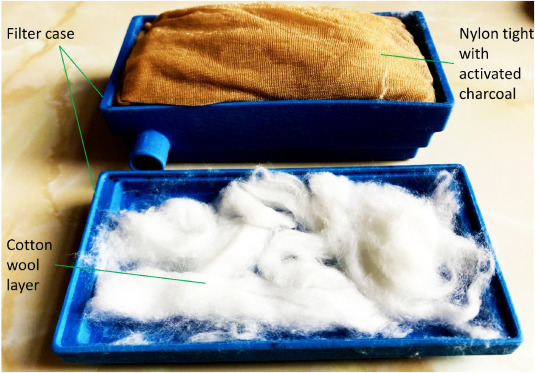News: ABSPIE recent initiatives
Validation and refinement of two WHO scientific briefs, based on evidence for air quality, ventilation and oxygen availability within healthcare facilities in low-resource settings, specifically in low- and middle-income countries
The EPSRC have confirmed the successful Impact Acceleration grant award to Assistant Professor Dr Davide PiaggioLink opens in a new window supported by Prof Pecchia, Dr Walton and Dr Haleem to build on a longstanding collaboration with the World Health Organisation to validate and refine 2 scientific briefs for air quality, ventilation and oxygen availability within healthcare facilities in low-resource settings.
Low-resource settings are characterised by many challenges, including lack of expertise, funding, limited supply chain, and harsh environmental conditions. Factors such as dust, high temperature and humidity negatively affect the safe and efficient functioning of medical devices, jeopardising users’ and patients’ lives. The greatest share of the medical device market is led by high-income countries, which set and follow de facto standards ultimately do not translate and are difficult in implement in lower resource settings.
Medical device donations proved not to be a solution, as up to 70% of the donated medical devices (about 80% of the total available in Sub-Saharan Africa) is broken and gets abandoned, becoming an unsustainable economic and environmental burden.
Attempts were made to define frameworks for the design of sustainable and resilient medical devices for low-resource settings and for the assessment of healthcare locations in such settings, which insist on user-centred and contextualised approaches, as well as examples of frugal innovation.
Further detail on the 2 frameworks can be found at:-
2. A framework for designing medical devices resilient to low-resource settings
This project, starting in 2023, aims to build on existing in-house designs to further improve oxygen concentrators inlet filters and to study new design and ways to recondition for their zeolite cylinders, i.e., essential for the filtering out of the Nitrogen from the air. The project further aims to deploy Artificial Intelligence for evidence-based maintenance of these cylinders and assisting air ventilation checks. Moreover, novel frugal protocols to test such devices and the ventilation in hospitals in low-resource settings will be devised and tested.
The results of this project will have a great outreach as they will inform the scientific briefs of the WHO, which internationally inform the scientific community. Moreover, some of these solutions could become part of the WHO Compendium of Innovative Health Technologies, which could be a great springboard for attracting further funding.


